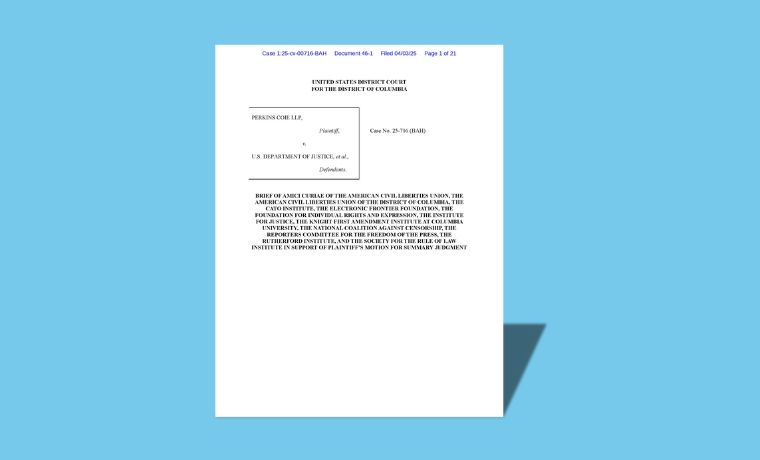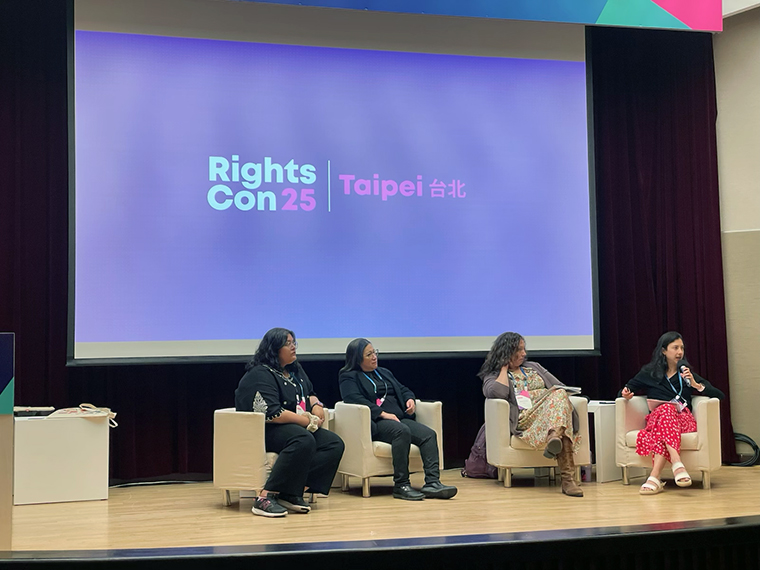Advancing Business and Human Rights in Brazil

November 7, 2024
The Business and Human Rights (BHR) field in Brazil has been overshadowed by two recent scandals. A couple of months ago, the minister of Human Rights and Citizenship, Silvio Almeida, was sacked by President Lula da Silva over sexual harassment allegations by several women, including Anielle Franco, Brazil’s racial equality minister. And just last week, the two directors of the UN Global Compact Brazil, the second-largest Global Compact network in the world, with about 2,000 members, were put under investigation for workplace harassment.
These scandals stand in stark contrast to the vibrant and thriving BHR scene that I experienced during a recent 10-day visit to Brazil. I was invited by FECAP, a business school that received EU funding to launch the Jean Monnet Centre of Excellence on Business and Human Rights in 2023.
The school seeks to build human capacity for managing human rights challenges in global business. It offers interdisciplinary courses in business and international relations as well as executive programs attended by employees of more than 50 business organizations, in partnership with Ethos Institute of Business and Social Responsibility. Under the leadership of Professors Claudia Alvarenga Marconi and Rafael Miranda, FECAP organized a visiting lecture series in which I was joined by Professors Florian Wettstein of University of St Gallen, Karin Buhmann of University of Southern Denmark and Copenhagen Business School, and Danielle Pamplona of Pontifícia Universidade Católica do Paraná.
Other institutions in Brazil also have taken on BHR, including Fundação Getulio Vargas (FGV-São Paulo), the Pontifícia Univesidade Católica do Paraná and the Homa – Human Rights and Business Institute, from the Federal University of Juiz de Fora.
Among the most pressing issues from a Brazilian perspective is the protection of human rights in global supply chains. The Homa – Human Rights and Business Institute, for example, in collaboration with several social movements and civil society organizations, has advocated for Brazilian legislation that would strengthen business accountability for human rights issues, including in supply chains.
Events in Europe are helping heighten interest in BHR in Brazil. Newly enacted EU regulations require business partners of EU companies in Brazil to comply with new human rights due diligence requirements. Examples include the EU Deforestation Directive and the EU Corporate Sustainability Due Diligence Directive. Some people I talked to during my visit commented that EU companies often demand that their Brazilian business partners conduct human rights due diligence on their behalf. This requires Brazilian businesses to develop more transparent supply chains to monitor compliance with human rights standards and remediate human rights violations such as health and safety issues in mining or indigenous land rights issues. Brazilian businesses need to do so in a way that does not avoid human rights risks by eliminating. informal parts of the supply chain in the mining sector or the agriculture sector. Simply shutting down such operations can hurt local communities that have relied on small-scale mining or small-holder farming.
Initiatives like the UN Global Compact have an important role to play: providing collective feedback to companies in the EU and demanding that responsibility for human rights due diligence is shared, not merely outsourced to Brazilian companies.
The current leadership turmoil in key human rights institutions in Brazil should not linger. Brazilian businesses need political support as well as strong peer-to-peer learning networks to address the implementation challenges of human rights in business. And they need educational opportunities focused on business solutions like the ones at FECAP to develop a skill set that is still new to business managers. This includes understanding rights holders’ perspectives, how to set up meaningful stakeholder dialogues, and the development of business models with human rights at the core.
 Business Education
Business Education Business & Human Rights Leadership
Business & Human Rights Leadership


